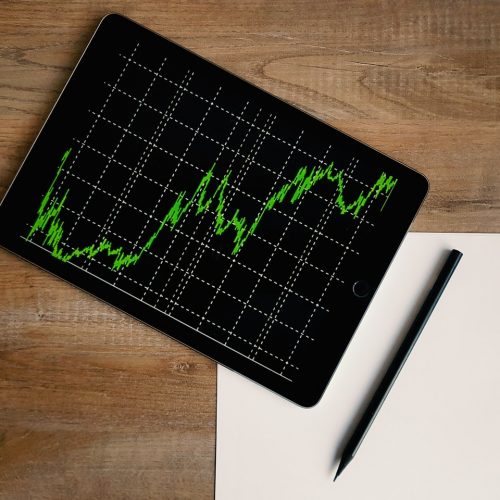Trading may be becoming more and more accessible and popular, but statistics have shown that an overwhelming majority of people lose money when they trade. If you are one of them, perhaps it is time to take a step back and evaluate your skills. Here are some signs that you may need help with trading:
You don’t have a trading plan
Many people believe that they can win it when they start trading stocks. Traders that utilise their gut feeling to try and anticipate market movements are often ridiculed. They believe they can read the market and make transactions relying on their instincts. However, this is an insecure approach to trading equities. You’re more likely to act impulsively if you don’t have a trading strategy, resulting in financial losses.
A trading plan keeps you disciplined and focused, preventing you from making rash decisions. It should outline your investment goals, risk tolerance, and the strategies you will use to achieve your goals. You’re more likely to succumb to feelings like anxiety and avarice if you don’t have a trading strategy. These emotions can lead to costly mistakes, so it is essential to have a plan to help.
You’re chasing losses
Chasing losses is a common mistake made by stock traders. Investors may feel pressure to sell when a stock price falls to minimise their losses. However, this can often lead to selling at a loss, as prices may continue to fall after the initial drop. It results in financial loss, but it can also lead to an emotional toll, as investors may regret their decision to sell and feel discouraged about their investments.
It is vital to have a well-developed plan for when to sell stocks to avoid these losses. By setting stop-loss limits and sticking to them, investors can help prevent themselves from chasing losses and instead focus on making profitable trades.
You’re letting emotions guide your decisions
It is essential to remember that emotions should never come into play in stock trading. It can be difficult, as people naturally react emotionally to positive and negative information. However, these emotions can cloud judgment and lead to poor decision-making. A trader who is feeling optimistic may be more likely to take on higher risks, while a trader who is feeling anxious may sell stocks prematurely.
Instead of letting emotions guide your decisions, focusing on cold, hard facts is crucial. It means looking at data such as price charts, earnings reports, and market trends. Making decisions based on objective information makes you more likely to succeed in the stock market.
Fear and greed are two of the most prominent emotions that can cloud your trading judgment. It’s essential to remain calm and rational when making decisions and not let them lead you to make impulsive trades.
You’re over-trading
Many newcomer traders make the mistake of thinking they need to be constantly trading to make money. In reality, less is often more when it comes to trading. Over-trading can lead to impulsive decisions and excessive risk-taking.
You’re not managing risk properly
When it comes to stock trading, risk management is essential. There are some risks inherent in the stock market, and if you’re not properly managing those risks, you could lose a lot of money. One of the most significant risks that traders face is the risk of loss. When you buy a stock, you’re taking on the risk that the stock will go down in value. If it does, you could lose money.
That’s why it’s crucial to have a stop-loss order in place. A stop-loss order is a command that sells your stock automatically when it reaches a specific price. You can limit your losses if the stock market turns against you by having one in place.
You’re not diversified
Diversification is one of the most critical aspects of risk management. By investing in various asset classes, you can help protect yourself from losses in one particular market. For example, if the stock market were to crash but the bond market remained stable, your portfolio would still be diverse, and you would not experience the same level of losses as someone who was only invested in stocks.
The bottom line
Becoming a good trader does not happen overnight. For both beginners and experienced traders, a little help can go a long way when it is asked for at the right time. If you find yourself trading without making a profit or constantly suffering losses, reaching out for professional guidance is never a bad idea.




